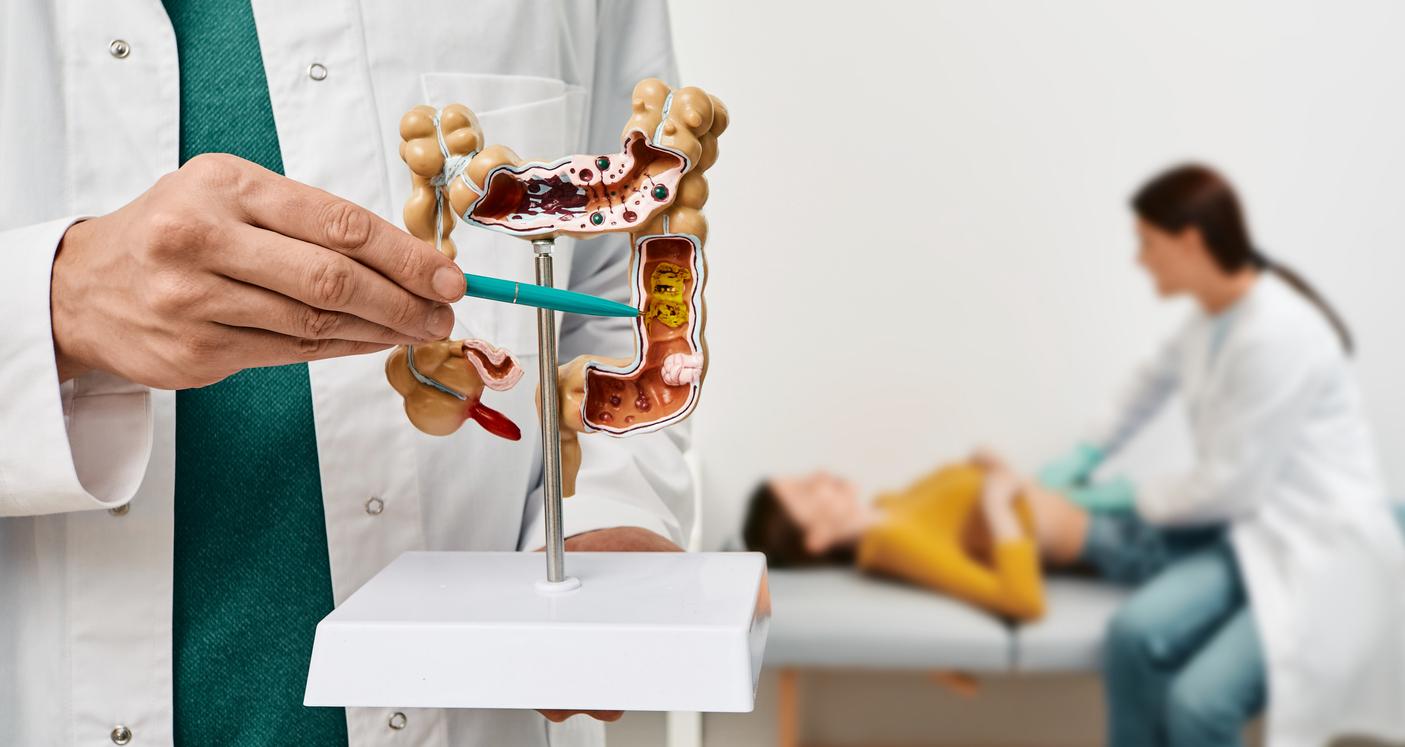
The doctor used to say what was best for you. Those times are gone, nowadays a patient has to ‘decide together’ with the doctor about the treatment. But that’s not so easy. Because how do you decide together about a heavy treatment with many risks? A new million-dollar subsidy from the National Health Care Institute should help doctors and patients to talk to each other earlier and better.
Doctors find it difficult to ask: ‘Do you still want this heavy treatment? Perhaps the treatment does not work out well and you are then no longer able to live independently. Or would you rather we make you as comfortable as possible with painkillers and other help, even if that means you may die sooner?’
No easier questions indeed. So by ‘nature’ doctors only start treating someone if they get more and more illnesses and discomforts. They pull out all the stops that are medically technically possible. But that is not always in line with the wishes of the patient. Therefore, let the doctor know what makes life worth living for you and what you do and don’t want. This prevents other people from making decisions over your head, according to the National Health Care Institute. If your health deteriorates considerably and you can do less yourself, it is actually too late. That is why we advise you to record your wishes early.
General practitioner
To stimulate the conversation about these kinds of wishes regarding treatment, the National Health Care Institute has now subsidized seven projects. The ambition is to help the doctor to have a better conversation with the patient about treatment wishes. The main role will lie with the GP, because he is the closest. After the conversation, it is the GP’s task to inform the other care providers and those involved, so that everyone is aware of the patient’s treatment wishes.
Cancer treatment
A pilot project among 60 elderly people with incurable cancer showed the added value of these conversations. After the bad news interview and the discussion about treatment options, the people with cancer were given an extra interview with their own GP. In this they could discuss whether they would like to accept the proposed treatment or whether they would rather receive good palliative care. The conversations were experienced as meaningful. ‘There was more satisfaction with the choice made. This not only led to a better quality of life, but also death. People more often died in the place of preference. And for the family it meant much more peace and better mourning’, according to chain director Inge Jochem of medical coordination center MCC Omnes in Sittard.
Decide together
The conversations are under the banner of ‘Decision together’, in which doctor and patient discuss the treatment wishes with each other. A campaign with the aim of introducing everyone to this will start on 6 September, led by the Dutch Patient Federation. Read more about Decision Making here.















